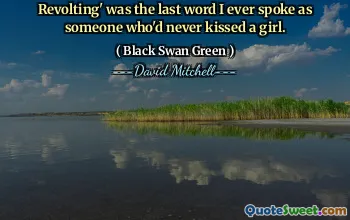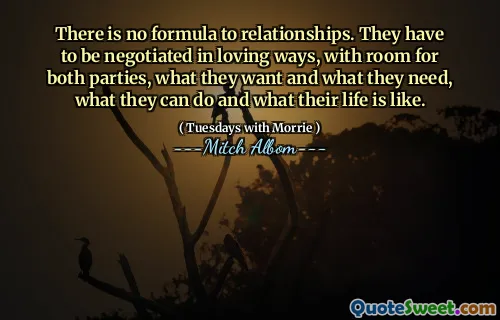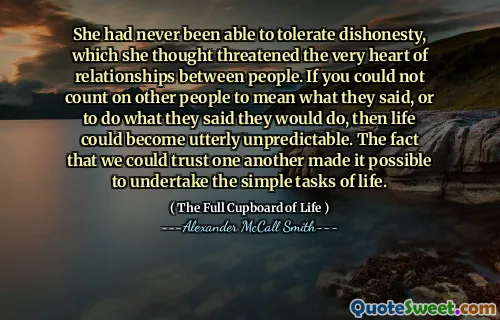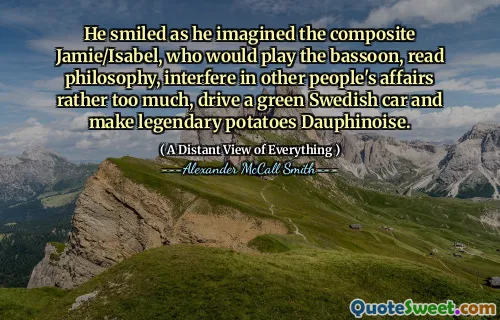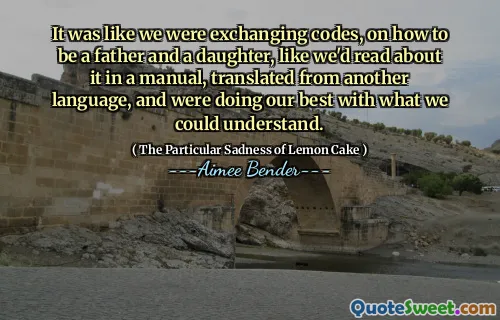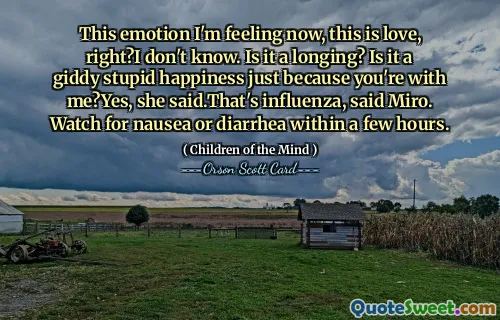
The family is inclusive of not just your genetic family, but the people that you meet along the way.
The essence of this quote highlights a profound redefinition of what it means to belong and to be family. Traditionally, family was often confined to biological or legal ties—parents, siblings, children, and close relatives. However, as societal dynamics evolve, so does our understanding of kinship. This perspective invites us to see family as a more expansive and inclusive concept, encompassing those individuals we choose to surround ourselves with throughout our lives. These may include friends, mentors, community members, and even strangers who become integral parts of our emotional support and personal growth.
In many cultures and personal experiences, the notion of family extends beyond blood relations, emphasizing connection, shared values, and mutual care. The idea emphasizes that human bonds are fluid and can be formed through meaningful interactions rather than mere genetics. This flexible definition of family can be especially comforting to those who may feel estranged from their biological families or who find their strongest connections outside traditional kinship frameworks.
Recognizing that family can be anyone who supports, nurtures, and understands us opens doors to richer, more diverse social networks. It encourages inclusivity, empathy, and open-mindedness, fostering communities where everyone feels valued not because of their origins but because of their actions and relationships. Embracing this broader view allows us to appreciate the diverse tapestry of human connections, ultimately leading to more fulfilled and interconnected lives.
This perspective also emphasizes personal agency—our ability to choose our family members based on genuine bonds, fostering a sense of belonging that is authentic and voluntary. It underscores that the true essence of family is built on love, loyalty, understanding, and mutual respect, regardless of bloodlines.






